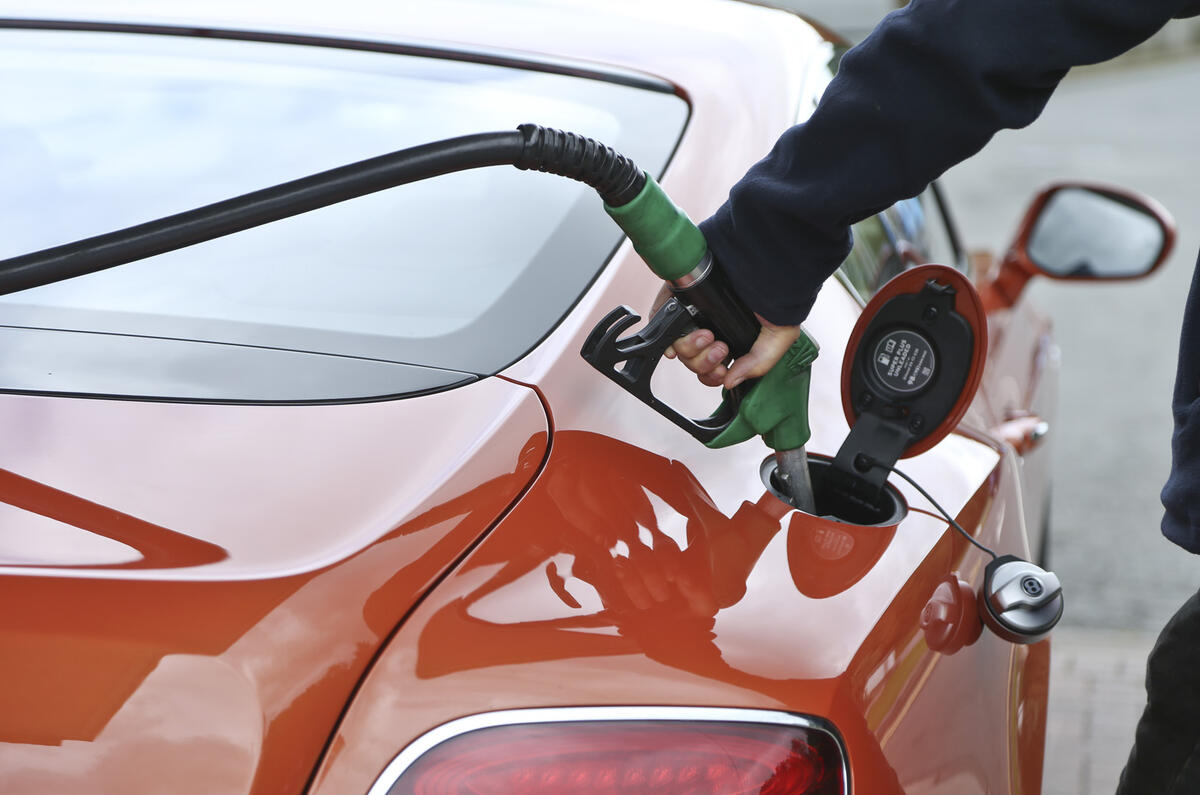Well, you would be laughing if you had a Tesla Model 3 right now, wouldn’t you? Or even a first-generation Nissan Leaf. Hell, even a Reva G-Wiz might turn faces green (and not for the usual reasons) as you tootle merrily down an otherwise-deserted high street.
Yes, perhaps for the first time since we realised the car of the future was to be all-electric, EVs have (albeit briefly, for now) gained the upper hand in a bitterly fought fight with their combustion-fuelled forebears over which is the more usable day-to-day. Indeed, who could have argued over the past few days that they felt more confident of their ability to top up at a fuel station than they would finding an available – or functioning – fast charger?
Word from on high suggests the queues at the pumps will die down and the tanks will be topped up again as soon as panic-buyers stop panicking, but the whole mess has done well to highlight an issue that some of internal combustion’s most ardent apologists might have yet to acknowledge: fossil fuel is finite. And yes, the front pages of the nationals today are devoted largely to whether or not there is actually a shortage or not (surely the very phenomenon of a commodity not being available for general purchase constitutes a shortage?), but the overarching concept – too many engines, not enough juice – is one that we’ve been warned about for many years.
Some of us will be in the fortunate position of having an alternative transport solution on hand while the situation sorts itself out, but for ambulance drivers, key workers, delivery personnel and even the hauliers we rely on to deliver the fuel itself, the inability to do that most mundane of tasks – filling up with petrol or diesel – is all but crippling. And for those unlucky individuals, it’s a nasty taste of things to come if the government fails to make good on its bold promises for Britain’s EV infrastructure.
Early EV adopters will be very familiar with the concept of range anxiety – the fear of being left stranded by an exhausted battery – and how it’s exacerbated by the inadequacy of our shamefully still-nascent charging network. But careful planning can by and large assuage those concerns, so long as you’re lucky enough to arrive at a free and functioning charger.
Here, by contrast, we see a situation where the ability to top up has been taken categorically out of the motorist’s hands. Local Facebook groups are awash with pleas for up-to-date information on nearby petrol availability, supermarket staff are doubling up as traffic managers and essential journeys risk being cancelled or heavily delayed lest the vehicle grind to a halt before its intended destination. The whole thing will sound very familiar if you’ve tried to run an EV without a reliable charging station nearby or a home charger solution.
I breathed a sigh of relief last week as I bade goodbye to a particularly short-legged electric car that I had been using, only to find three days later that its petrol-fuelled replacement was all but unusable as the fuel gauge was reading red and I didn’t have nine hours to spend queuing at my local BP forecourt. The tables will turn back, of course, but hopefully this brief period of chaos will endure in collective memory long enough to inform how we shape the next generation of motoring.








Join the debate
Add your comment
There are nine million litres of Fuel at the main distribution site in Scotland at any one time, the reason for all the problems caused, the brawling etc happened because of a media driven story, the fact that people who normally only put £30.00 worth in the tank out £90.00 instead,thus causing the run on fuel, the main distribution site is for all brands Shell, BP and others, this was from the mouth of a Fuel tanker driver.
Felix, electricity is available virtually everywhere in the UK. So no, the current fuel shortage can't possibly be a precursor of things to come. It is merely a sign of the current times. In the future, you will be able to charge virtually anywhere, because the charging infrastructure will keep improving. It will also keep getting cleaner. In contrast, fossil fuel will always be in restricted supply and will always be dirty.
We seem to be missing a key point in this situation in that we currently rely on a volatile supply chain for both vehicle fuel and natural gas (actually methane), that includes giving vast sums of money to Russia. If we switched to electric power, generated in the UK from renewables, we would simultaneously clean up our filthy air, end fuel shortages and stop sending money overseas to suspect regimes. Electrification is a win-win all down the line.